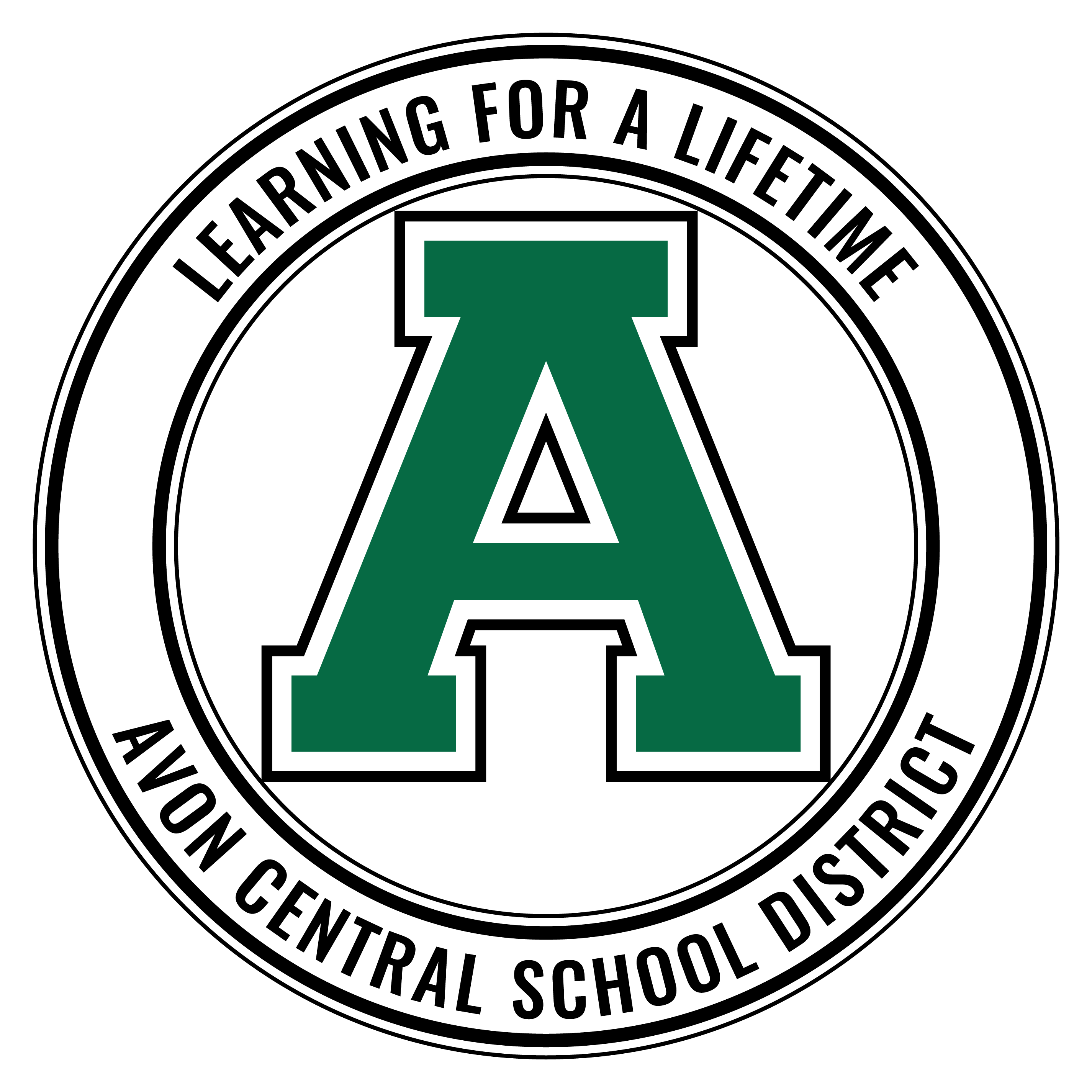Restorative Practices
Restorative Practices:
As part of the Positive Behavior Interventions and Supports (PBIS) effort, the Avon Central School district also endorses the use of restorative practices. Restorative practices can be used with existing school procedures and consequences for inappropriate behavior, or upon agreement, in place of those procedures. Restorative practice always requires that the offender accept responsibility and that there be a monitored agreement for the offender to make things right. Restorative practices include formal (Circles and Community Conferences) and informal processes and activities that develop relationships, build community and repair wrongdoing when it occurs. Establishing relationships is fundamental to creating a peaceable, positive and productive classroom and school environment. A basic premise of restorative practices is that human beings are happier, more cooperative and productive, and more likely to make positive changes in their behavior when those in positions of authority do things with them, rather than to them or for them. Circles emphasize the developing of relationships and building community through getting to know one another, sharing, talking about an issue, supporting, and celebrating. Circles may also be used to solve problems, resolve conflicts and do academic work. Community Conferences are "communities of care," where victims and offenders and their families and friends participate in a collaborative process. This process emphasizes the needs of the victim and holds offenders accountable, with high support, so they can return to the community. Restorative practices reflect a philosophy that holds that all communities are based on relationships. The stronger the relationships become, the less likely that wrongdoing will occur and the more likely wrongdoing can be repaired if it does occur.
Types of Circles:
Community-Building Circles – The purpose of Community-Building Circles is to create bonds and build relationships among a group of people who have a shared interest. This circle focuses on learning about each other on a deeper level through the use of sharing personal stories.
Talking Circles – In a Talking Circle, participants explore a particular issue or topic from many different perspectives. Talking Circles do not attempt to reach consensus on the topic. Rather, they allow all voices to be respectfully heard and offer participants diverse perspectives to stimulate their reflections.
Celebration or Honoring Circles – Celebration Circles bring together a group of people to recognize an individual or a group and to share joy and a sense of accomplishment.
Circles of Understanding – A Circle of Understanding is a Talking Circle focused on understanding some aspect of a difficult situation. A Circle of Understanding is generally not a decision-making Circle; therefore, it does not need to reach consensus. Its purpose is to develop a more complete picture of the context or reason for a particular event or behavior.
Healing Circles – The purpose of a Healing Circle is to share the pain of a person or persons who have experienced trauma or loss. A plan for support beyond the Circle may emerge, but it is not required.
Conflict Circles – A Conflict Circle brings together disputing parties to resolve their differences. Resolution takes shape through a consensus agreement.
